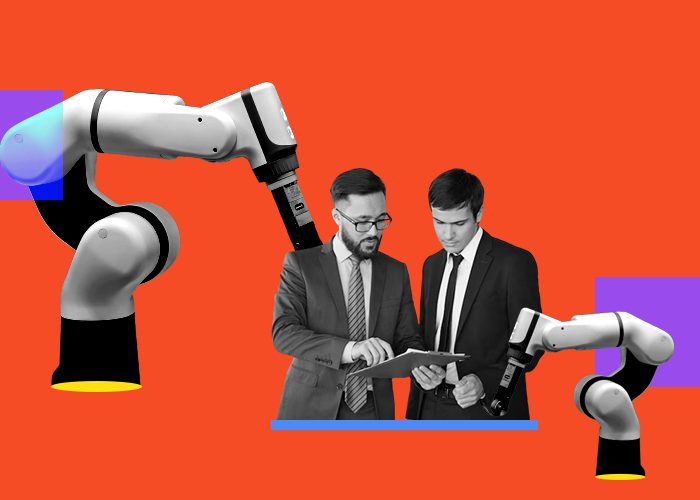
The transformative influence of automation and technology on employment opportunities
Amidst an era characterized by an unprecedented pace of technological progression, the intricate interplay between automation and technology is the linchpin, transforming the fabric of job opportunities across many sectors.
This article embarks upon a voyage of exhaustive exploration, unearthing the far-reaching and profound effects stemming from the convergence of these forces. By immersing ourselves in the ever-shifting realms of employment dynamics and meticulously dissecting the multi-dimensional repercussions, our odyssey aims to unravel the rich tableau woven by the tandem of automation and technology. Traverse with us as we navigate the labyrinthine corridors of this paradigm shift, illuminating its multifarious implications for an array of industries.
Navigating the Technological Renaissance
The dawn of the digital age has ushered in a technological renaissance that has the power to revolutionize how we work and live. Automation, driven by artificial intelligence and machine learning, is progressively streamlining routine tasks, liberating human potential for more complex and strategic endeavors. This shift is not synonymous with job displacement; instead, it marks a transformative juncture where individuals must adapt and acquire new skills to remain relevant in an ever-changing job market.
Reshaping Traditional Industries
Industries once reliant on manual labor are now witnessing a seismic shift. Automation can improve manufacturing precision, consistency, and speed, increasing productivity and reducing costs. This shift, however, necessitates reskilling the workforce to operate and maintain these advanced systems. For instance, electricians are now equipped with the expertise to handle and troubleshoot complex robotic systems.
Birth of New Professions
Conversely, automation and technology integration has birthed entirely new professions once deemed unimaginable. Data scientists, machine learning engineers, and virtual reality developers are just a few examples of careers that have sprung from this amalgamation of innovation. These roles underscore the essentiality of nurturing a tech-savvy workforce capable of leveraging emerging technologies to drive progress.
The Evolution of Job Opportunities
As we immerse ourselves deeper into the digital fabric of modern society, job opportunities evolve in tandem. The traditional 9-to-5 office setup gradually gives way to a more flexible, remote, and interconnected work environment. While demanding adaptability, this transformation also brings various benefits and opportunities for individuals and businesses.
Remote Work Revolution
Communication technology and digital infrastructure advancements have paved the way for the remote work revolution. The ability to collaborate seamlessly across geographical boundaries has enhanced work-life balance and opened doors for a more diverse workforce. Companies can now tap into global talent pools, and individuals can explore job opportunities without the confines of location.
Entrepreneurial Endeavors
The democratization of technology has empowered individuals to embark on entrepreneurial endeavors with relatively lower barriers to entry. E-commerce platforms, for instance, enable budding entrepreneurs to establish online stores and reach customers worldwide. This surge in digital entrepreneurship fosters innovation and drives economic growth, further enriching the landscape of job opportunities.
Challenges and Opportunities
While the symbiotic relationship between automation, technology, and job opportunities is undeniably transformative, it comes with challenges and opportunities.
Upskilling and Reskilling Imperative
The rapid pace of technological advancement underscores the importance of continuous upskilling and reskilling. To remain relevant in a technology-driven job market, individuals must proactively acquire new skills and adapt to evolving demands. Lifelong learning becomes the cornerstone of staying competitive and harnessing the potential of emerging job opportunities.
Ethical Considerations
As automation becomes more integrated into our daily lives, ethical considerations emerge. The development of AI-powered systems must be guided by ethical principles to ensure that automation enhances human lives without compromising values. This opens avenues for professions specializing in AI ethics and governance, highlighting the dynamic nature of job opportunities in an ever-changing landscape.











